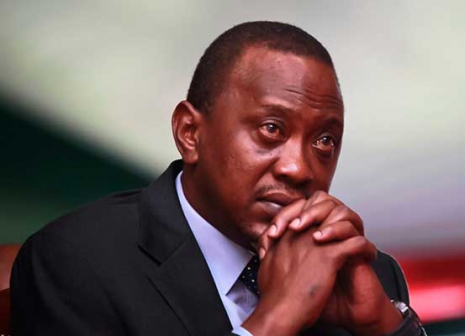×
The Standard e-Paper
Stay Informed, Even Offline

Kenyans will on Tuesday hang on each and every word pronounced by President Uhuru Kenyatta as he takes oath for his second and final term as the Head of State and Government of Kenya.
In the next few months, every step he takes, pronouncement he makes, and Bill he signs into law will tell whether the son of the country’s first President will unite a sharply divided nation.